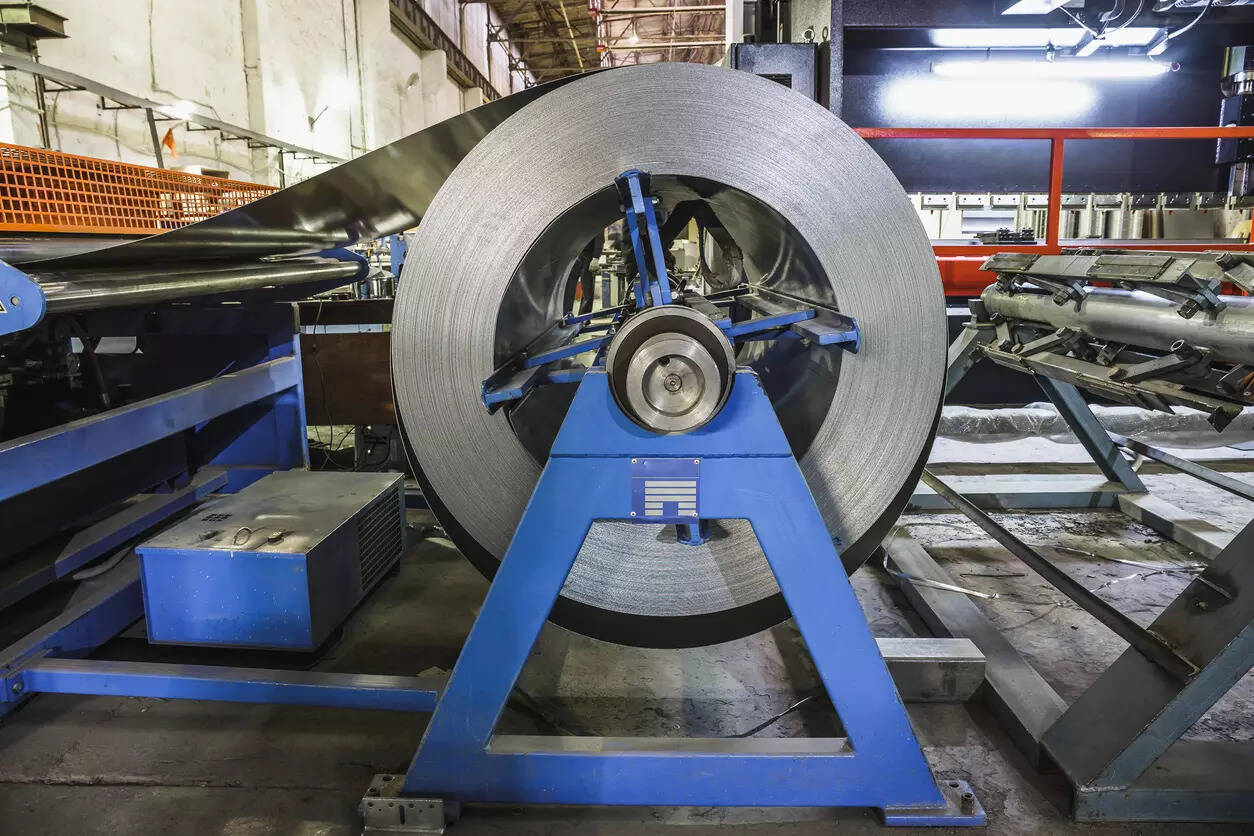
A shift toward modular infrastructure, growing electric vehicle (EV) production, and rising expectations around precision manufacturing are accelerating the adoption of sheet-metal cold-roll forming across Indian industries, sector experts told PTI.
Cold-roll forming is a continuous, high-speed process that shapes metal coils into long, dimensionally stable profiles offering higher structural strength, improved consistency and significantly lower fabrication waste.
Manufacturers said that these advantages are becoming essential as industries seek lighter, stronger and more modular components.
“India is entering a phase where precision, reliability and scale in component manufacturing are no longer differentiators but fundamental expectations. Sheet-metal cold-roll forming allows us to meet these requirements consistently across renewable energy, mobility, construction equipment, elevator systems, HVAC and industrial machinery,” said Dhirendra Sankhla, Director, Mother India Forming, a Bengaluru-based precision roll-forming manufacturer.
Sankhla added that the process is inherently more sustainable, offering higher coil utilisation, reduced welding and fewer processing steps, which translates into lower waste generation and lower energy consumption.
What led to surge demand?
Demand for roll-formed profiles is expanding across construction equipment, elevator systems and industrial machinery, where manufacturers are using them for machine frames, mezzanines, elevators and warehouse structures. Faster assembly and standardised deployment are key drivers behind this shift.
The trend coincides with rapid growth across core sectors. India added 12.4 GW of new solar capacity in April–September of the current financial year, supporting demand for precision-engineered metal structures.
EV sales reached 1.1 million units in the first half of FY26, while engineering goods exports touched $59.4 billion in the same period, reflecting strong global demand for high-precision metal components.
Industry experts believe that sheet-metal cold-roll forming will play a larger role across domestic and export supply chains as India strengthens its manufacturing competitiveness under the Make in India and Atmanirbhar Bharat programmes.
